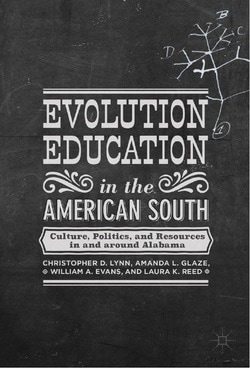Christopher D. Lynn, Professor of Anthropology
|
Education
Ph.D., Anthropology, State University of New York at Albany, 2009
M.A., Anthropology, State University of New York at Albany, 2006
B.A., Cultural Anthropology, City University of New York Baccalaureate Program, 2002
M.A., Anthropology, State University of New York at Albany, 2006
B.A., Cultural Anthropology, City University of New York Baccalaureate Program, 2002
Public Lectures
I am available for speaking, outreach, and other engagements. I am currently giving the following talks:
Bio
Christopher D. Lynn is a professor of anthropology at the University of Alabama and Leshner Fellow of the American Association for the Advancement of Science. He studies cultural impacts on health and has worked in Costa Rica, the U.S., and the Pacific, with a specific focus on the Samoa Islands. His most recent research has focused on tattooing and immune function and fireside relaxation and cognitive evolution. He is author of Transcendental Medication: The Evolution of Mind, Culture, and Healing and editor of Evolution Education in the American South: Culture, Politics, and Resources in and Around Alabama (Palgrave Macmillan 2017) and has published in PLoSOne, Anthropology of Consciousness, Evolutionary Behavioral Sciences, Evolutionary Psychology, Religion, Brain and Behavior, Anthropology Now, Journal of Cognition and Culture, Ethos, Evolution: Education and Outreach, Practicing Anthropology, Annals of Anthropological Practice, and American Journal of Human Biology.
Focus
My dissertation research was on the relationship between glossolalia (“speaking in tongues”) and biological stress among New York Apostolic Pentecostals. My current research focus on non-conscious cognitive behavior underlying religious, ritual, sexual behavior, and reproductive health. I'm interested in
- the neuroanthropology of dissociation, deafferentation, and trance
- evolution education and outreach
- embodiment, stress, and immune response
- social construction of anthropology as a professional discipline
- anthropology outreach
Social Media
I co-host the Sausage of Science podcast for the Human Biology Association and executive producer and cohost the Inking of Immunity podcast.



